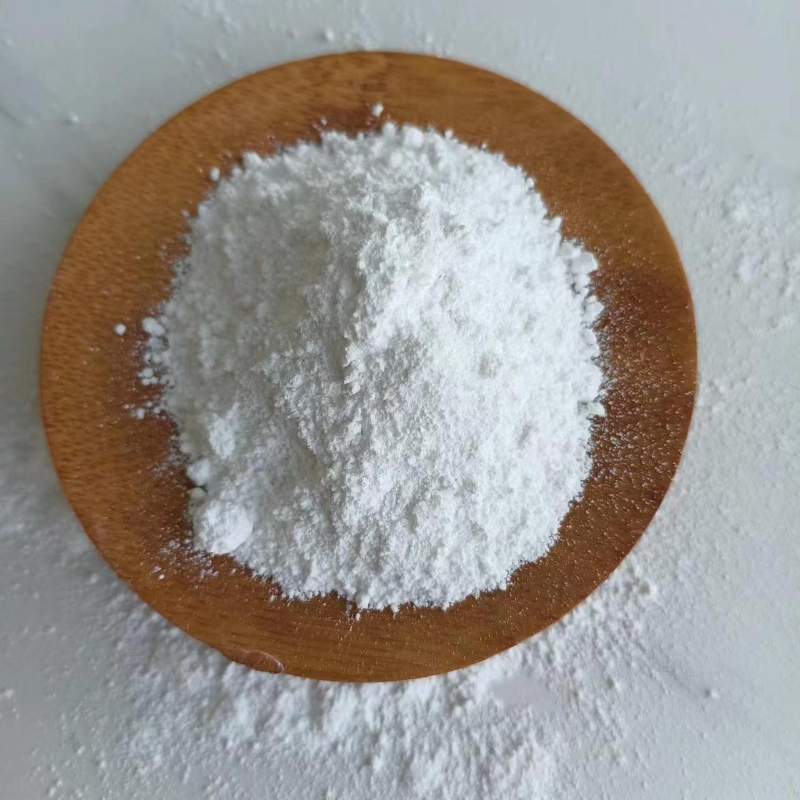-
Categories
-
Pharmaceutical Intermediates
-
Active Pharmaceutical Ingredients
-
Food Additives
- Industrial Coatings
- Agrochemicals
- Dyes and Pigments
- Surfactant
- Flavors and Fragrances
- Chemical Reagents
- Catalyst and Auxiliary
- Natural Products
- Inorganic Chemistry
-
Organic Chemistry
-
Biochemical Engineering
- Analytical Chemistry
- Cosmetic Ingredient
-
Pharmaceutical Intermediates
Promotion
ECHEMI Mall
Wholesale
Weekly Price
Exhibition
News
-
Trade Service
Ulcerative colitis (UC) is an idynogenic chronic inflammatory bowel disease (IBD) characterized by recurrent symptoms of remission and recurrence.
the initial goal of UC therapy is to achieve clinical remission, it has gradually changed with the development of ideas and the improvement of treatment methods.
recent studies have shown that the goal of IBD therapy is to achieve mucous membrane healing, thereby reducing hospitalization and intestinal excision, thereby improving prognosis in UC patients.
As a measure of several biomarkers (e.g. fecal calcified protein (FCP), fecal immunochemical latent blood tests (FIT) and serum-based α-2 glycoproteins) in UC patients, FCP and FIT only reflect inflammation of the colon mucosa and are not used to predict clinical recurrence.
has been reported as a biomarker for predicting UC activity, but there have been no reports of whether PGE-MUM can be used as a biomarker to predict recurrence.
study aims to study whether PGE-MUM can predict clinical recurrence of UC.
researchers recruited UC patients who were treated at Binsong University School of Medicine from April 2015 to June 2020 with at least one condition: clinical remission (Lichtiger Clinical Activity Index ≤3) or mucosal healing (Mayo endoscopic score) (MES)≤2), and eventually recruited a total of 70 clinically remission UC patients who met these criteria.
endoscopy and PEG-MUM levels during hospitalization and continued to observe the patient's progression during the 12-month follow-up period.
the best threshold of PEG-MUM for predicting recurrence and no recurrence rate was analyzed.
16 patients (22.9%) relapsed during the 12-month follow-up period.
the median PGE-MUM in patients who relapsed at the time of hospitalization was significantly higher than the PGE-MUM value in clinically remission patients (P s 0.008).
based on ROC curve analysis, the critical value of PGE-MUM predicting future recurrence is 25.2 ?g/g Cr, and the area under ROC curve is 0.721 (95% confidence interval: 0.556-0.886).
the recurrence rate in patients with PGE-MUM≥25.2 sg/g Cr was significantly lower than that in patients with PGE-MUM and 25.2 sg/g Cr (log-rank test: P-lt;0.001).
ROC analysis of UC patients with a range of 1 to 8 years showed that the course of the disease over 5 years had the largest area under the ROC curve, with a 0.821 (95% confidence interval: 0.583-1.000) and an optimal critical value of 26.3 ?g/g Cr.
important reason for the use of biomarkers in IBD is that it reflects intestinal inflammation and histological changes and predicts future clinical recurrences.
study predicted clinical recurrence in UC patients during clinical remission by investigating PGE-MUM concentrations, and achieved the expected results.
。







